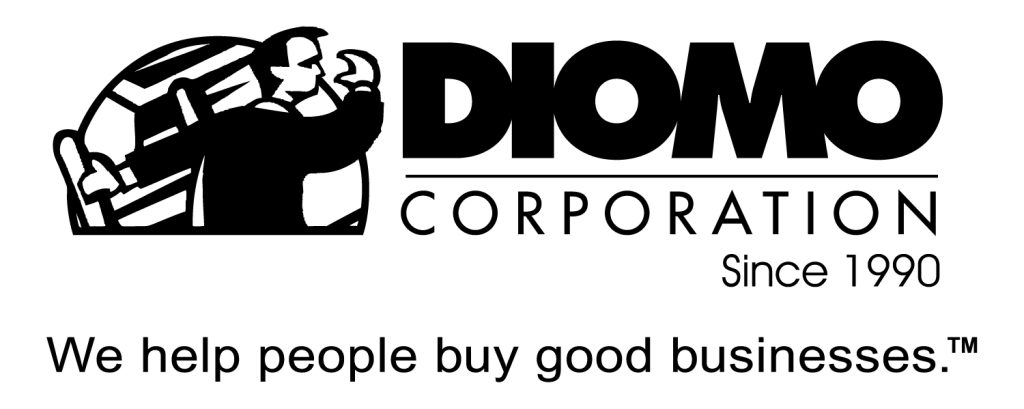I have always been amazed by the length of time many large business sales take to complete – it’s common for them to takes several months to close after the parties have reached a deal.
Obviously, there can be a significant amount of due diligence, getting financing facilities into place, pre-planning logistics and even regulatory issues to overcome.
While smaller deals do have a time factor, I have seen way too many deals fall apart or never really progress to an agreement between the buyer and seller simply because the parties lose momentum.
Since buying a business is a process, it’s important for a prospective buyer to understand a few things:
• Losing deals is part of the process.
• The “perfect” business doesn’t exist.
• There will always be an element of uncertainty – the goal is to mitigate the risk.
• ‘Analysis to paralysis’ can plague anyone, no matter how eager they may be to either purchase or sell a business.
• It’s important to take your time, but not waste your time.
When you find a potential business for sale, it’s critical that early on you clearly convey to the other side (including the seller and broker) your sense of timing and make them commit to having the same level of motivation and urgency to get a deal done.
If you don’t have that sense of urgency, well you shouldn’t even be looking for a business.
Don’t be afraid to keep pushing them to get you answers to questions or documentation you may need to complete your analysis.
Any pushback by the seller should cause you to ask them if they’re truly serious about wanting to sell.
At the same time, you have to temper this urgency with an allowance to do a thorough review. Obviously, you cannot and must not rush to the closing table until you have the right deal in place, and your analysis is complete.
Once you have reached an agreement with a seller, you should be able to close the deal within 30-45 days including your due diligence and satisfying all deal contingencies (i.e. lease assignments, contract transfers, inventory review, client/employee meeting where necessary, etc.). Certainly, in cases where there may be third party financing required, or the sale of real estate property or certain licensing issues to address, the timing can be longer. Conversely, in simpler and smaller businesses the deals can get done in less time.
The process to buy a business is neither a sprint nor a marathon. It’s more like a relay race whereby you have to reach and complete certain stages to keep the deal moving forward towards the finish line.
My friend Andy Cagnetta of Transworld Business Brokers says that, “deals are like fresh fish – the longer they sit on the counter, the smellier they get.”

